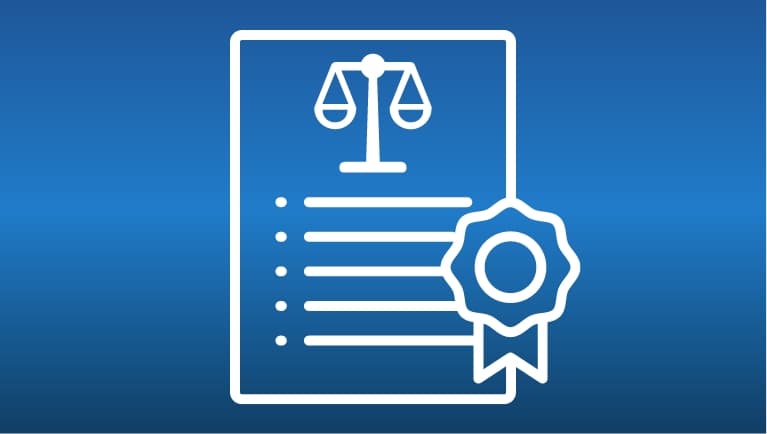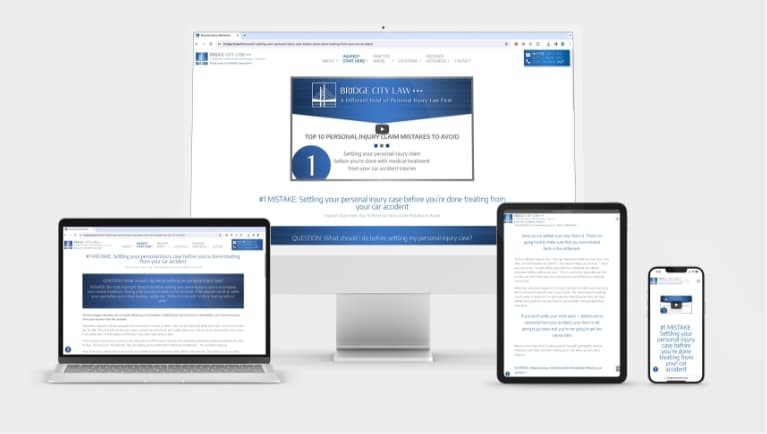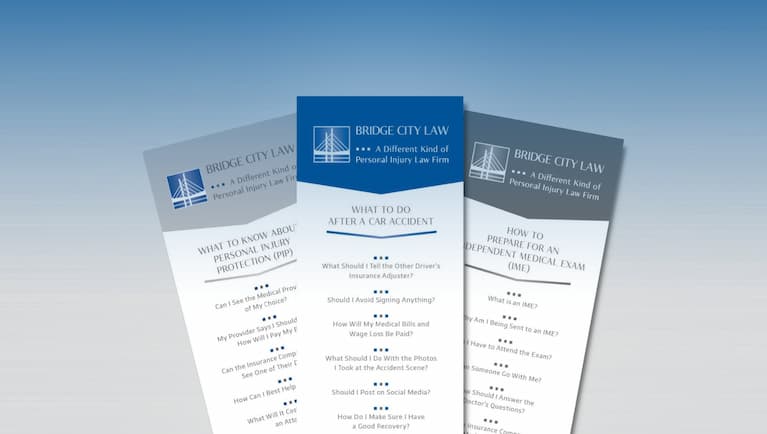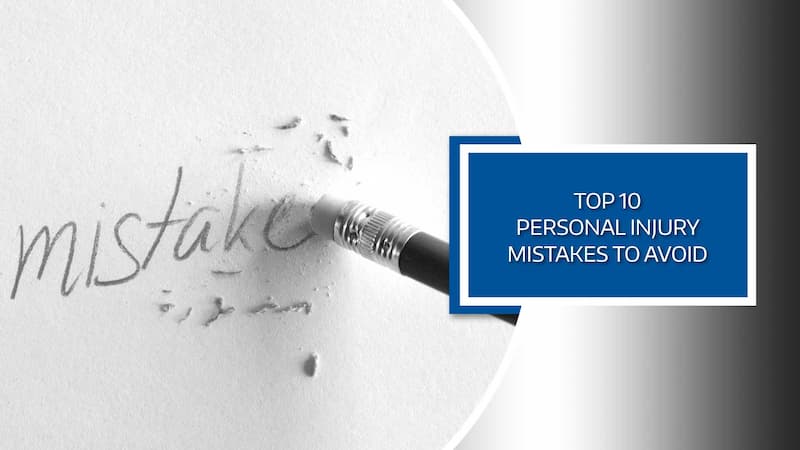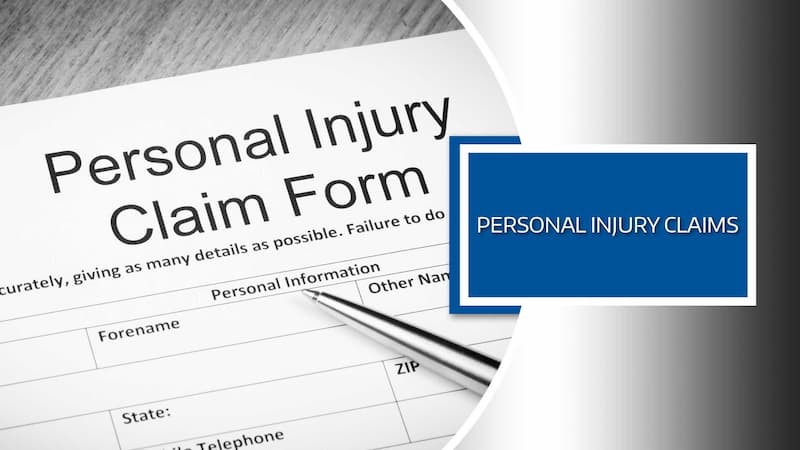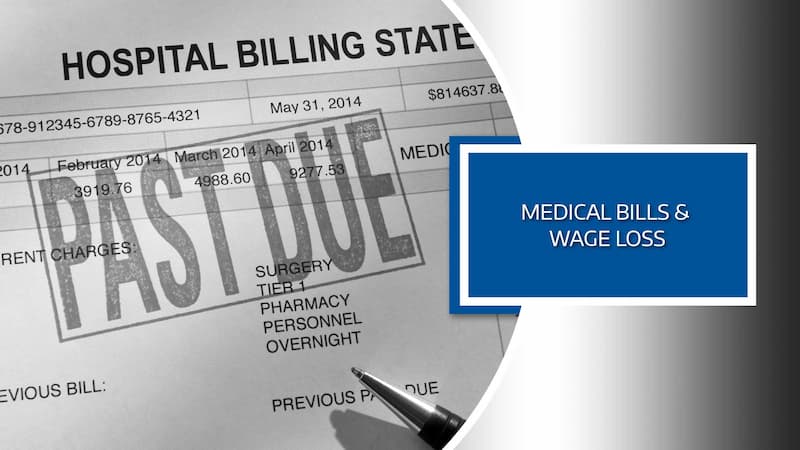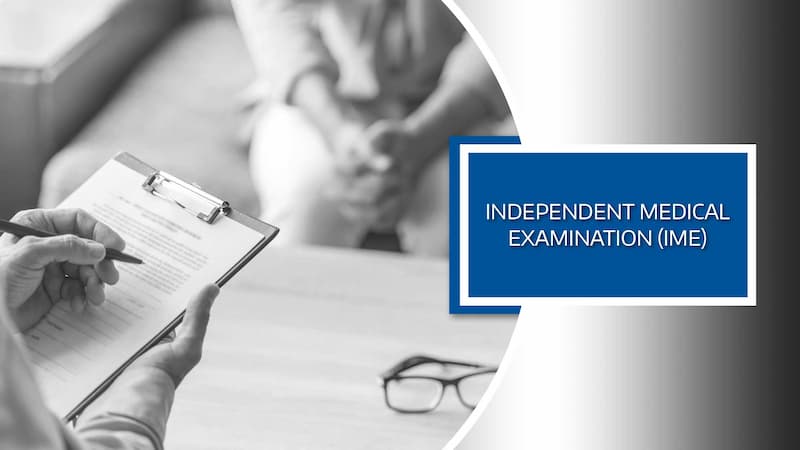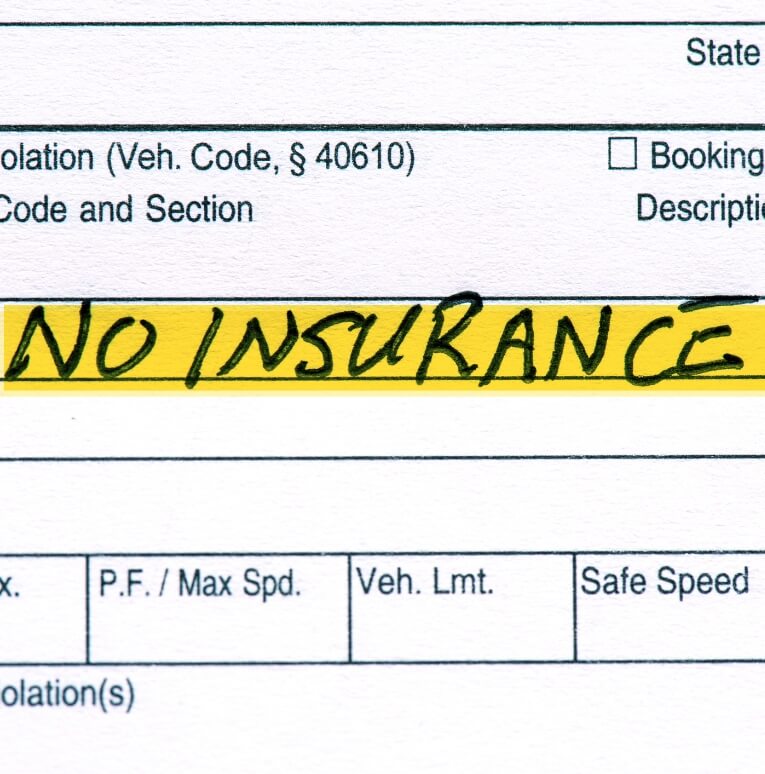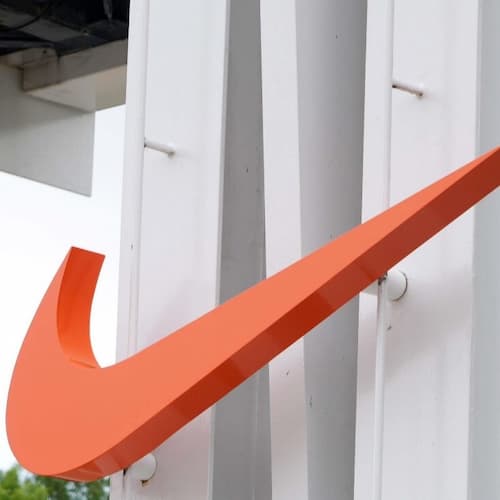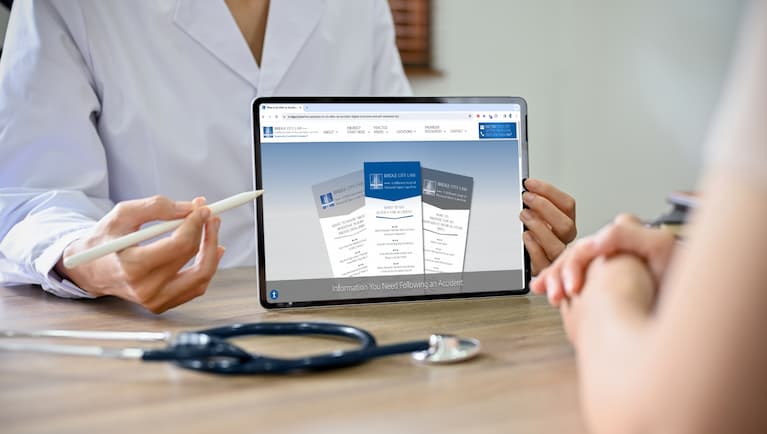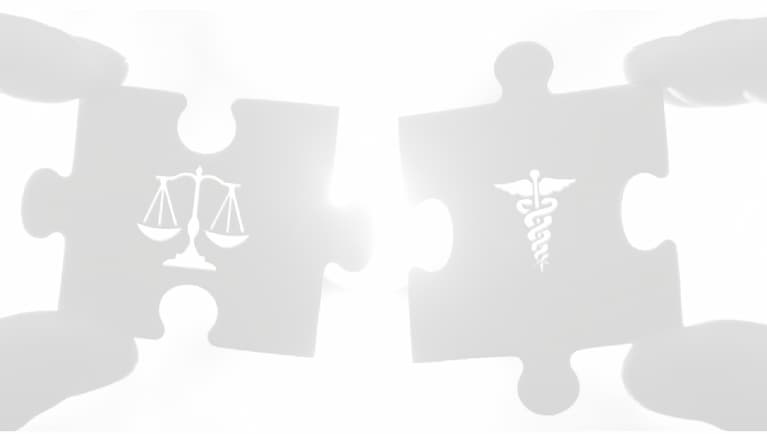#6 MISTAKE: Not telling your medical providers about any previous similar medical problems or issues prior to your car accident
QUESTION: Why is it important to tell your medical providers about previous similar medical problems or issues prior to your car accident?
ANSWER: It’s critical to you getting the treatment you need for your injuries from your accident and for your personal injury claim to inform your healthcare provider about any past car accidents, similar injuries, or treatment you’ve received. Failing to disclose past medical issues and treatment can lead insurance companies to question your credibility, which will weaken your personal injury claim. It also puts your medical provider at a disadvantage because they don’t know the full scope of your medical history. Even if you remember something after treatment has started, to support your best possible care and take the best possible care of your claim, keep your provider updated.
The sixth biggest mistake you can make following a car accident is not telling your medical provider about similar problems or issues you had prior to your car accident.
It is harder than you may think to remember prior similar injuries. When talking with clients, it’s common that after a few minutes of talking about their medical history, they start to remember. It can be helpful to talk to your partner, a family member, or a close friend who is familiar with past injuries you’ve had. Telling them what you remember and asking questions about what they remember can help you account for all similar injuries.
It is critical for your healthcare providers to have an accurate medical history for you. It’s important to think carefully about other car accidents, worker compensation claims, and even a time when you were bending over and tweaked your back.
If you already started receiving medical treatment and you forgot to say something to your medical providers — it’s never too late to let them know.
Your credibility, and that of your medical provider, is important to your case. If you forget to tell them something — the insurance company is going to say you were hiding it — not that you forgot. If they ask your medical provider for a report and he or she didn’t know you had been injured or had pain that caused you to see a provider in the past, the insurance company will attack what your provider says.
The adjuster will take the position that your medical provider is doing their best — but your provider’s opinion is wrong because you were not honest with them.
Don’t fall into the trap of thinking that your medical provider is better off not knowing about injuries and treatment you’ve had in the past.
The more accurate you are, the better your provider can help you and the better it is for your personal injury claim.
Whether you’re our client or not, we want to be a bridge of support for you.
We’ve developed a robust library of articles and videos organized into four topics which include our responses to the personal injury claim-related questions we’re asked most often.
- Top 10 Personal Injury Claim Mistakes to Avoid
- What You Need to Know About Your Claim
- How Are My Medical Bills & Wage Loss Paid
- How to Prepare for Your Independent Medical Exam
The articles provide advice and guidelines to help you navigate each phase of the personal injury claims process. Whether we represent you or not, we are passionate about helping you protect your rights, you receiving the medical care you need to recover from your injuries, and having the information you need to avoid mistakes that can harm your personal injury claim.
We are here to be a bridge of support. If you have questions about how to navigate the personal injury claim process, we're happy to talk with you. Whether you're our client or not, we want for you to get the information you need to protect your rights and your claim.
Unsure if You Have a Case?
Contact us for a NO FEE Case Evaluation
"*" indicates required fields












